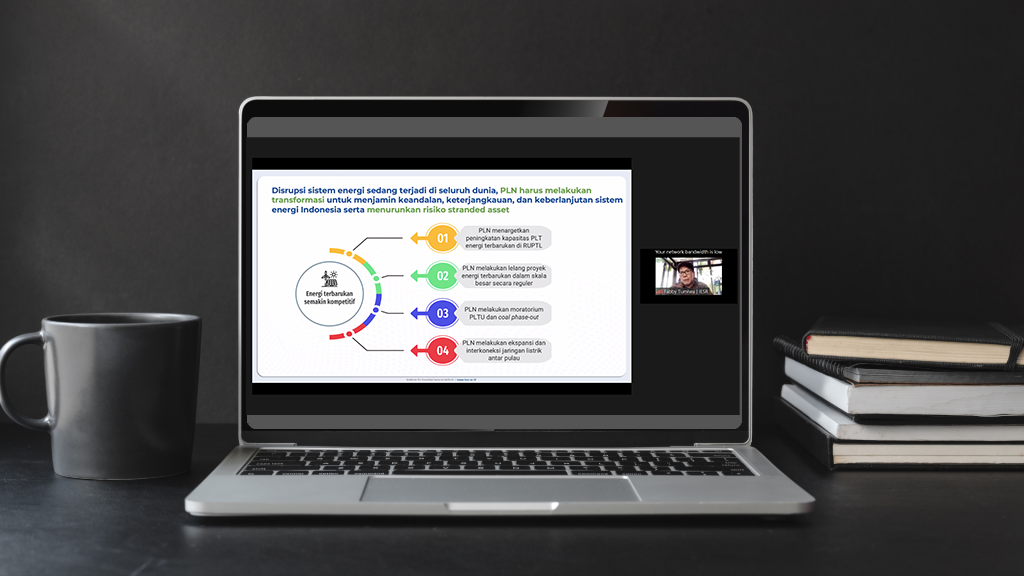Kendari, 7 February 2022 - The world is facing major changes in response to the increase in the earth's temperature which has increased by 1.1 degrees Celsius since the pre-industrial era. Various global commitments have been agreed to limit the increase in the earth's temperature to no more than 2 degrees Celsius by the middle…

